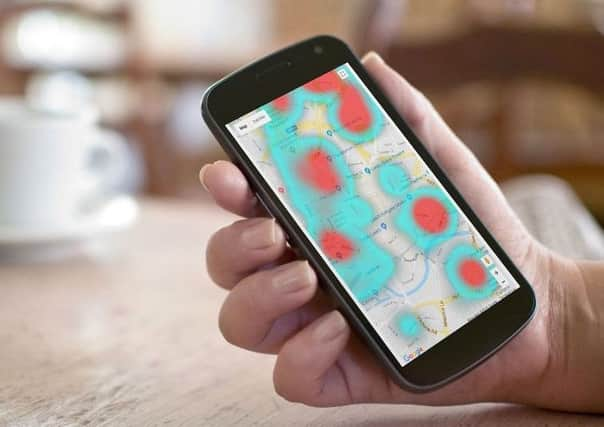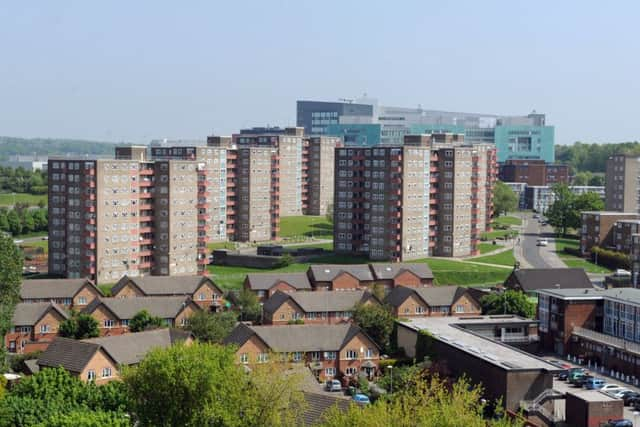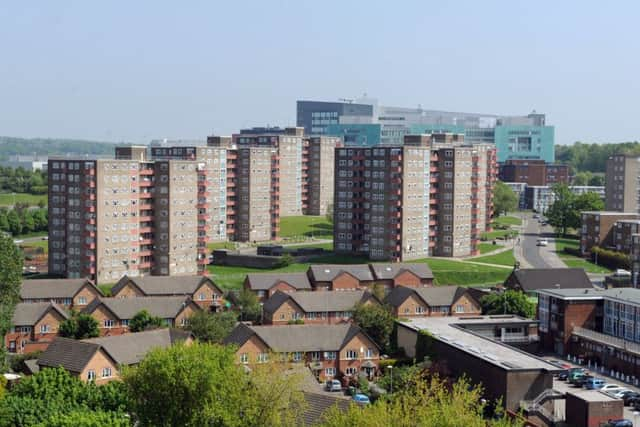Health app improving lives in vulnerable Leeds communities


An app which is used to alert health workers to signs of ill-health has been developed as part of a one-off project being trialled in Leeds.
Frontline council staff who see warning signs such as closed curtains and rubbish piling up in gardens tap the app to create a marker on a map of the city. Outreach teams can then go directly to the people in most need of help as part of the Careview scheme, which is running in some of the city’s most deprived areas after being set up with £70,000 in NHS funding.
Advertisement
Hide AdAdvertisement
Hide AdJonathan Hindley, an advanced health improvement specialist at the council, said the 12-month project was connecting vulnerable people with social activities which help them cope with long-term health conditions.


He said: “When you tap the app it puts a blob on a map. Then our outreach teams can go out and leaflet and door-knock whole streets.
“People might be missing out on the support and help they need. If we can get them into a friendship group or find them some one-to-one support then their mental and emotional wellbeing will improve more quickly.
“That is being borne out by early case studies.”
Leeds has around 150,000 residents aged 60 and over, some 20 per cent of the population. The proportion of elderly people is set to rise and around 15 per cent are said to be socially isolated.
Advertisement
Hide AdAdvertisement
Hide Ad

Careview is being trialled in parts of Lincoln Green, Boggart Hill, Holbeck, Burmantofts and Wortley.
Mr Hindley said: “These are some of the most deprived areas of the city. They are the people who are most in need of support.”
Council bosses hope the scheme will improve the health of the city’s population and save money as the authority faces a £5.6m funding gap in adult social care this year.
Mr Hindley said that on a typical estate, it takes more than 100 outreach workers to knock on doors and locate socially-isolated people.
Advertisement
Hide AdAdvertisement
Hide AdBut Careview’s “heat map” means they have a better chance of finding people who need help.
Mr Hindley said: “It saves time and it saves money if we can go straight to somebody who needs support.”
Council bosses carried out a small-scale trial of Careview which generated an estimated £65,000 of so-called “social value”, a measure of the benefits of changes in people’s lives.
Leeds City Council commissioned the Urban Sustainable Development Lab, a team of technology experts, to design Careview.